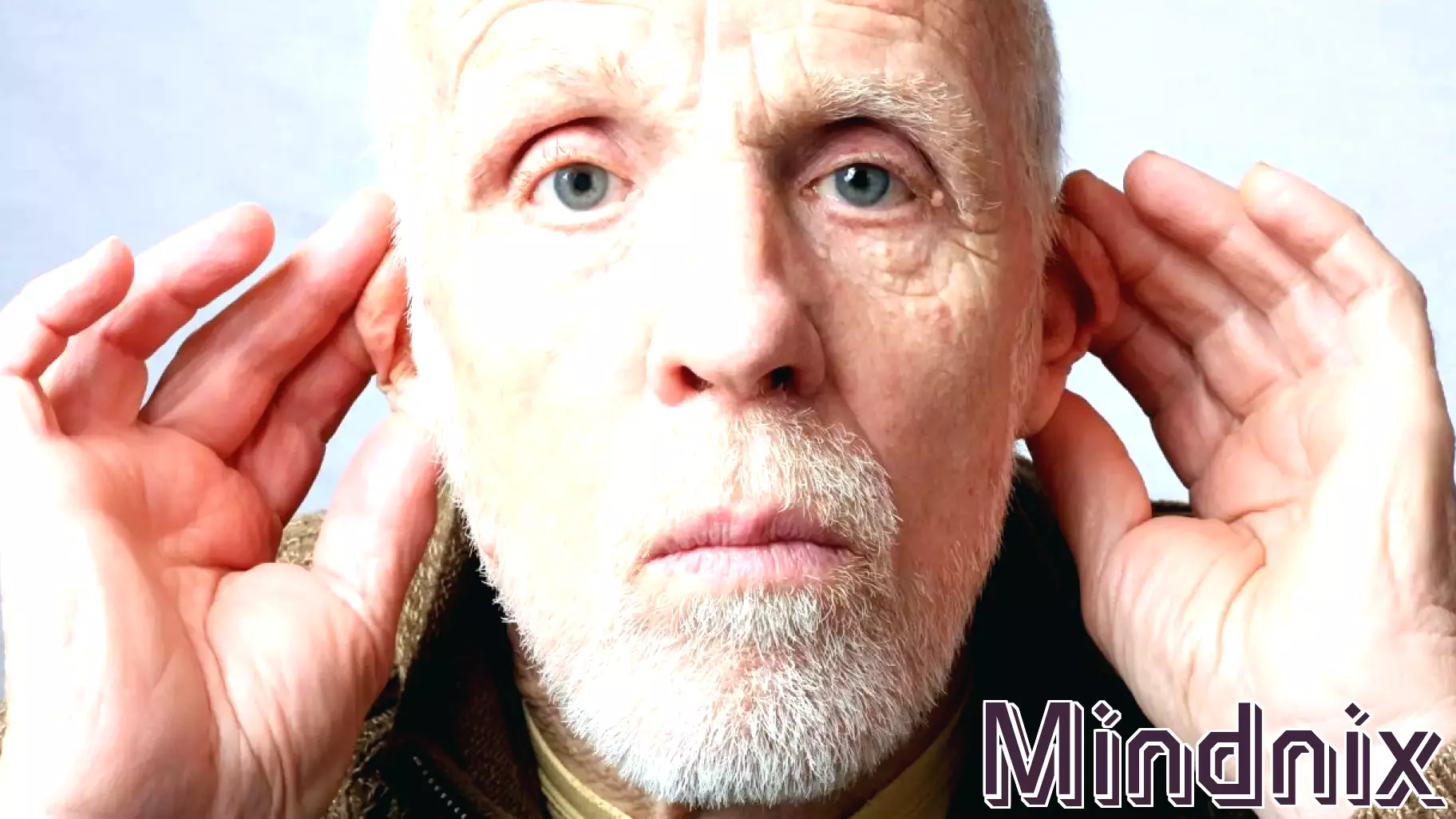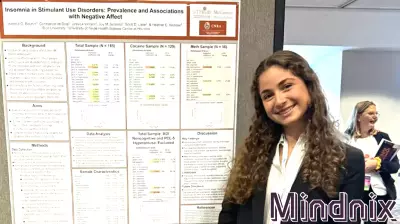Understanding Hearing Loss: A Psychological Perspective
April 8, 2025 - 23:43

When people think about hearing loss, they often envision someone who simply needs to turn up the volume on their television or frequently asks others to repeat themselves. However, after more than two decades of experience as an audiologist, it has become clear that hearing loss is much more than a physical impairment; it is a complex psychological journey that affects individuals profoundly.
Many people with hearing loss experience feelings of isolation and frustration. The inability to engage in conversations or participate in social gatherings can lead to anxiety and depression. This emotional toll is often overlooked, as society tends to focus solely on the technical aspects of hearing aids and auditory rehabilitation.
Addressing hearing loss requires a holistic approach that considers both the physical and emotional dimensions. Support groups and counseling can play a vital role in helping individuals cope with their experiences. By recognizing the psychological impact of hearing loss, we can foster a more supportive environment that encourages individuals to seek help and improve their quality of life.
MORE NEWS

February 25, 2026 - 00:30
Rewired: How the Digital World Reshapes the Human BrainThe impact of our digital lives on the brain is a complex tapestry, not a simple story of harm or benefit. Emerging perspectives suggest that digital engagement, particularly among the young,...

February 24, 2026 - 00:52
Day in the life: Health sciences senior follows research toward clinical psychologyIsabella Bourtin, a health sciences senior, exemplifies the determined focus required to navigate a significant academic shift. Once firmly on the pre-med track, she has successfully pivoted her...

February 23, 2026 - 01:31
Toxic People Makes Us Age FasterThe emotional toll of difficult relationships is well-documented, but new research indicates the damage may be more than skin deep, potentially accelerating the biological aging process. A recent...

February 22, 2026 - 01:17
From Psychology to the Runway, Purpose Takes Center StageFor Lisa Jacovsky, a recent runway appearance during New York Fashion Week was far more than a fashion statement. Recognized as a `Queen of Impact` on the catwalk, the moment served as a powerful,...